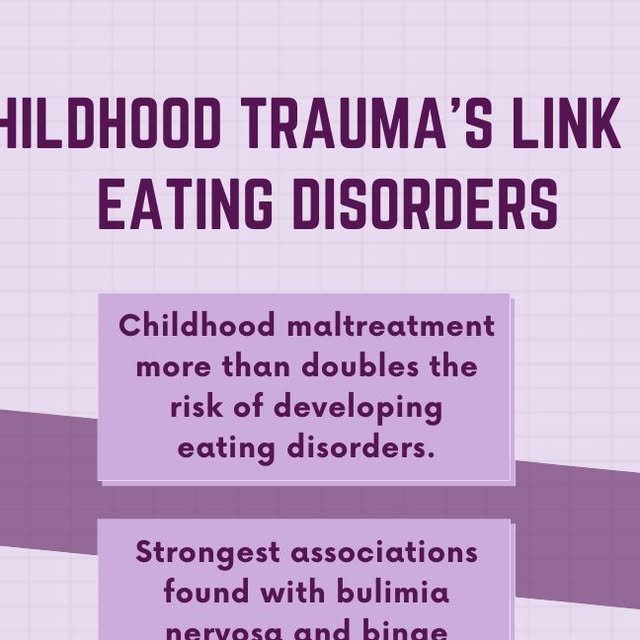Research indicates that childhood trauma can more than double the likelihood of developing an eating disorder later in life. This alarming statistic highlights the importance of addressing early life experiences in both prevention and recovery strategies.
On National Women’s Check-Up Day, it is essential to recognize that eating disorders affect women across all ages, sizes, and backgrounds. These disorders are complex and can stem from a variety of factors, but a clear connection exists between adverse childhood experiences and increased vulnerability to these conditions.
For instance, a study conducted by the National Institute of Mental Health found that individuals who experienced trauma in childhood were 2.5 times more likely to develop an eating disorder compared to those without such experiences. This underscores the necessity for mental health professionals to implement trauma-informed care approaches that recognize the impact of past trauma on current health.
Addressing the root causes of eating disorders involves not only clinical treatment but also community support and awareness. Programs that focus on educating families about the effects of trauma can aid in prevention efforts. Furthermore, encouraging open discussions about mental health can foster supportive environments for those affected.
As we observe National Women’s Check-Up Day, let’s commit to prioritizing mental health by understanding the connections between childhood experiences and eating disorders. Early intervention can significantly reduce the risk of developing these conditions and promote healthier outcomes for women.



